🧪 What’s the Big Deal with Turkey Tail?
Turkey Tail (Trametes versicolor) is one of the most extensively studied medicinal mushrooms in the world—and for good reason. Behind its vibrant, fan-shaped appearance lies a dense concentration of immune-modulating compounds, most notably beta-D-glucans.
Two specific derivatives PSK (Polysaccharide-Krestin) and PSP (Polysaccharide-Peptide) have earned fame in Japanese and Chinese medicine for their role in cancer support.
While these patented extracts aren’t legally available in Western markets, understanding them helps us see why beta-D-glucans remain the gold standard in Turkey Tail supplements.
🔬 What Are PSK and PSP?
PSK and PSP are both protein-bound beta-glucan complexes extracted from specific mycelial strains of Turkey Tail mushrooms:
- PSK (Krestin): Developed in Japan (strain CM-101), approved since the 1970s as a pharmaceutical adjuvant in cancer therapy.
- PSP: Developed in China (strain COV-1), widely used in hospitals to support immunity during cancer and hepatitis treatment.
Structurally, they are nearly identical:
- Roughly 100 kDa in size
- Composed mostly of β-1,3 and β-1,6 glucans
- Contain unique sugar side chains (e.g., PSK has fucose; PSP has rhamnose)
Despite subtle chemical differences, both serve the same immune-boosting function—acting as biological response modifiers by activating macrophages, NK cells, dendritic cells, and cytokine pathways.
🍄 What Are Beta-D-Glucans?
Beta-D-glucans are glucose-based polysaccharides found in the cell walls of fungi, especially mushrooms. In Turkey Tail, these compounds have a β-1,3 backbone with β-1,6 branches, forming complex three-dimensional shapes that directly interact with immune cells.
Beta-glucans are the core active in PSK/PSP and are also present in well-made, full-spectrum Turkey Tail extracts.
🔗 How PSK and PSP Relate to Beta-D-Glucans
Here’s the key takeaway:
PSK and PSP are not magic molecules. They are simply beta-glucans with protein attachments, refined into pharmaceutical formulations. You won’t find “PSK” or “PSP” on a supplement label, but if your Turkey Tail product is rich in beta-D-glucans, you are consuming the same functional compounds.
⚖️ Why You Can’t Buy PSK or PSP in the West
There are 3 main reasons:
- Regulation: PSK and PSP are regulated as prescription drugs in Japan and China—not as dietary supplements.
- Patents: They are proprietary pharmaceutical products, not generic ingredients.
- Cost & Complexity: The production process is expensive, making it impractical for general consumer use.
📊 Quick Comparison Table: PSK vs. PSP vs. Beta-D-Glucans
| Attribute | PSK (Japan) | PSP (China) | Beta-D-Glucans (Antioxi Extract) |
|---|---|---|---|
| Source | Mycelium (CM-101) | Mycelium (COV-1) | Fruiting Body |
| Structure | Protein-bound beta-glucan | Similar, different sugar profile | Pure beta-glucans with native proteins |
| Immune Action | Enhances NK, T-cells, cytokines |
Same | Modulates immune system via Dectin-1, CR3 |
| Status | Prescription drug (Japan) | Supplement/adjuvant (China) | Widely available, legal in EU/US |
| Availability | Not in Western retail | Not in Western retail | ✅ Antioxi: 58.7% beta-glucans verified |
📈 Why Beta-Glucan Content Matters
Beta-glucan % is the clearest quality marker in a mushroom supplement.
Antioxi’s Turkey Tail extract is:
- 💯 Fruiting body only (no mycelium on grain)
- 🌿 Full-spectrum to capture the mushroom’s natural bioactive diversity
- 🧪 Lab-tested at 58.7% beta-D-glucans (measured via enzymatic Megazyme assay)
❓ Frequently Asked Questions
Q: Is a high-beta-glucan Turkey Tail extract the same as PSK or PSP?
Functionally, yes. You're getting the same class of immune-supporting beta-glucans, just not the patented pharmaceutical version. You still benefit from the same bioactivity.
Q: Why can’t I just buy PSK or PSP?
They're patented, prescription-only in Asia—not approved for supplement use in the West. Their use is restricted to clinical environments and drug licensing channels in Japan and China.
Q: What does 58.7% beta-glucan mean?
It means that over half of each serving is composed of pure immune-active beta-glucans—verified through enzymatic analysis. It's a critical marker of extract potency and quality.
Q: How do beta-glucans actually help?
Beta-glucans bind to immune receptors such as Dectin-1 and CR3, which activate innate immune functions—stimulating macrophages, dendritic cells, natural killer cells, and cytokine signaling. The result? A more intelligent, adaptive immune response.
🧠 Final Takeaway
PSK and PSP prove how powerful Turkey Tail’s beta-glucans can be.
While those specific drugs aren’t available to you, the beta-D-glucans that made them famous are.
Antioxi’s Turkey Tail extract was designed to meet the same immune support goals—safely, naturally, and effectively, with full transparency.

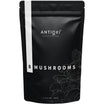
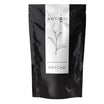
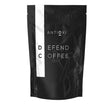
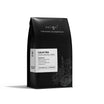
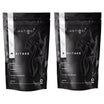
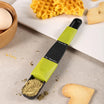
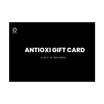
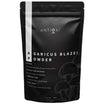
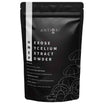
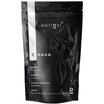
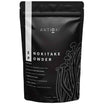
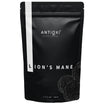
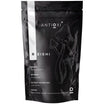
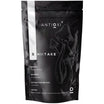
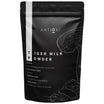
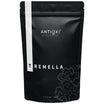
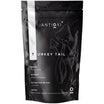
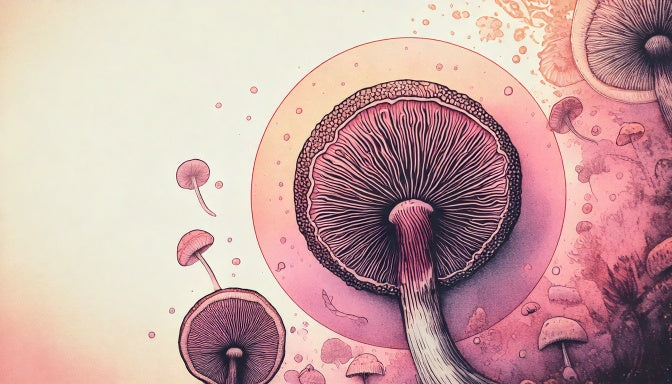
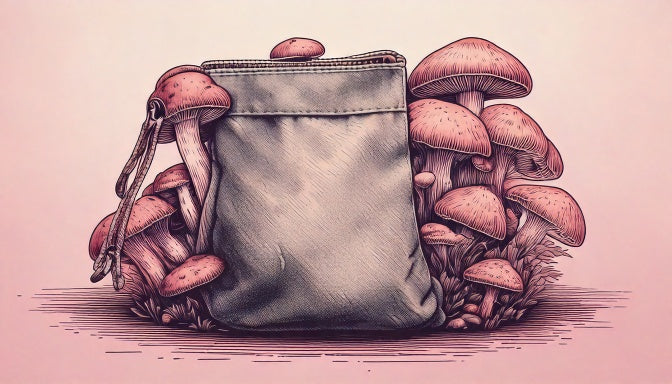
Leave a comment
All comments are moderated before being published.
This site is protected by hCaptcha and the hCaptcha Privacy Policy and Terms of Service apply.